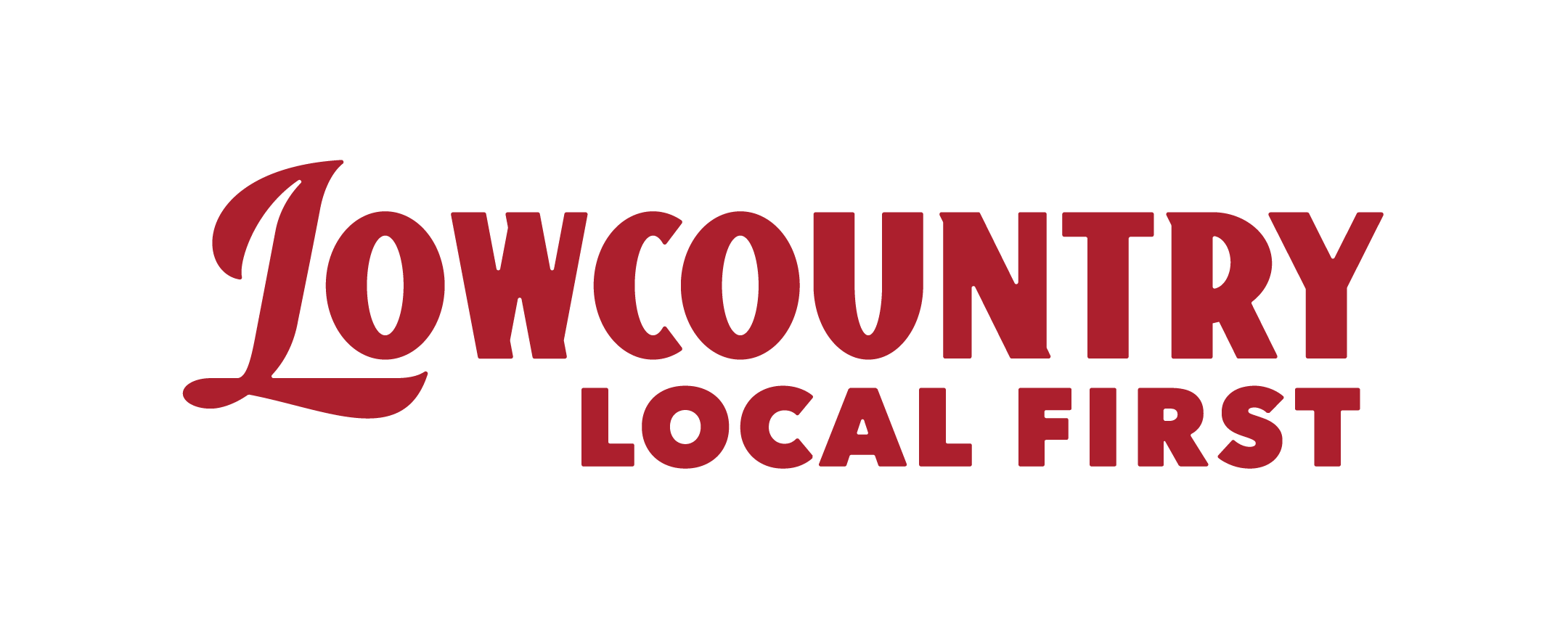10 Principles of Successful Local Economies
 A Localism Manifesto — The Main Street Journal Version 1.0 Planet Earth is experiencing a five-alarm emergency, yet our political systems are paralyzed and incapable of responding. Unprecedented hurricanes, floods, droughts, fires, and other climate disasters are overwhelming us. Inequality is at a historic high, with 3,000 billionaires shapin The Main Street Journal
A Localism Manifesto — The Main Street Journal Version 1.0 Planet Earth is experiencing a five-alarm emergency, yet our political systems are paralyzed and incapable of responding. Unprecedented hurricanes, floods, droughts, fires, and other climate disasters are overwhelming us. Inequality is at a historic high, with 3,000 billionaires shapin The Main Street Journal Michael Shuman is a multifaceted individual known for his work as an economist, attorney, author, and entrepreneur. He is widely recognized for his contributions to community economics and is a leading voice in the movement to revitalize local economies. He recently shared "A Localism Manifesto" which we found to contain great wisdom and inspiration, most notably his suggested list of ten principles that define successful local economies, shared below. Read the manifesto in full here.
(1) Local Ownership – A community’s residents should strive to own locally as much of their economy as possible. Through local ownership, we have the best opportunity of controlling our own destiny, of making decisions that are genuinely in the interests of our neighbors. There is vast evidence that communities with high levels of local ownership have higher levels of social stability, political engagement, and volunteerism. Local ownership also means more local purchasing, which maximizes the “multiplier effect” with greater income, wealth, and jobs. They have greater latitude to make sound adjustments in times of crisis.
(2) Local Investment – The flip side of local ownership is local investment—you cannot have one without the other. Too much of our savings—for retirement, education, and medical needs—is placed in publicly traded companies that are least connected to community well-being. The alternative is to invest in local businesses, projects, and people. And while many tools for doing this already exist, we must change policies and practices to make local investment cheaper and easier. // See our current Invest Local campaign to see how you can invest today in entrepreneurs in your backyard.
(3) Self-Reliance – Whatever the benefits of trade—and there are many—they must be weighed against the dangers of dependence. A community that is self-reliant in the basics—such as food, energy, water, housing, and education—is more able to trade from a position of strength. It is also better able to meet the needs of its citizens and be resilient during periods of national, regional, or global crisis.
(4) Placemaking – Every community has the potential for greatness by tapping the deep roots of place. In local music, art, storytelling, and traditions, there is the local cultural DNA, often of multiple cultures with complex histories, which attracts visitors and brings residents into public spaces. Every community should identify its points of pride and incorporate them into local businesses and infrastructure.
(5) Participatory Democracy – Every community should strive to engage as many residents as possible in its public choices around laws, regulations, taxes, and spending priorities. While structures of democracy are varied, they should be designed to minimize the inherent unfairness of giving more power to those with wealth.
(6) Human Scale – Just as small scale is essential for the world of communities to thrive, so must businesses and institutions within communities be limited to a human scale. All monopolies, even local monopolies, should be distrusted and broken up or run as regulated public utilities, so that markets and politics empower all residents. So should obsolete remnants of centralized power within our countries.
(7) Regeneration – A community must operate within its annual “income” of renewable resources, such as water, energy, plants, and animals. It must operate its economy circularly, converting as much waste as possible into “food” for positive activities. It must minimize and eliminate any toxic pollutants. And it must apply these principles and tools to repair and bring back to life already damaged ecosystems.
(8) Worker Fairness – For both moral and practical reasons, workplaces should be designed to be as humane as possible, with fair wages and benefits.
(9) Entrepreneurship – Achieving the goals above requires an entrepreneurial ecosystem that fully taps the community’s creativity for new businesses and projects. Entrepreneurs should be able to find within the community the capital, training, and support they need to succeed. And the universe of entrepreneurship should include not just the people typically seen as “the best and the brightest,” but also the old, the young, women, minorities, and people with disabilities. // Lowcountry Local First is currently accepting interest in our fall '26 Community Business Academy in Spanish and English.
(10) Connectivity – Communities are practicing the above in literally millions of different ways. The key for any community that wishes to make progress in these areas is to find and partner with the best practitioners in the world. Too many urgent global crises are pressing to waste any time with “reinventing the wheel.” Wherever possible, communities must leapfrog ahead rapidly based on one another’s successes. // Lowcountry Local First is constantly learning best practices and adopting forward-thinking ideas from fellow independent business alliances across the nation and world via networks like the American Independent Business Alliance, the Small Business Anti-Displacement Network, Institute for Local Self Reliance, Main Street Alliance and others.

